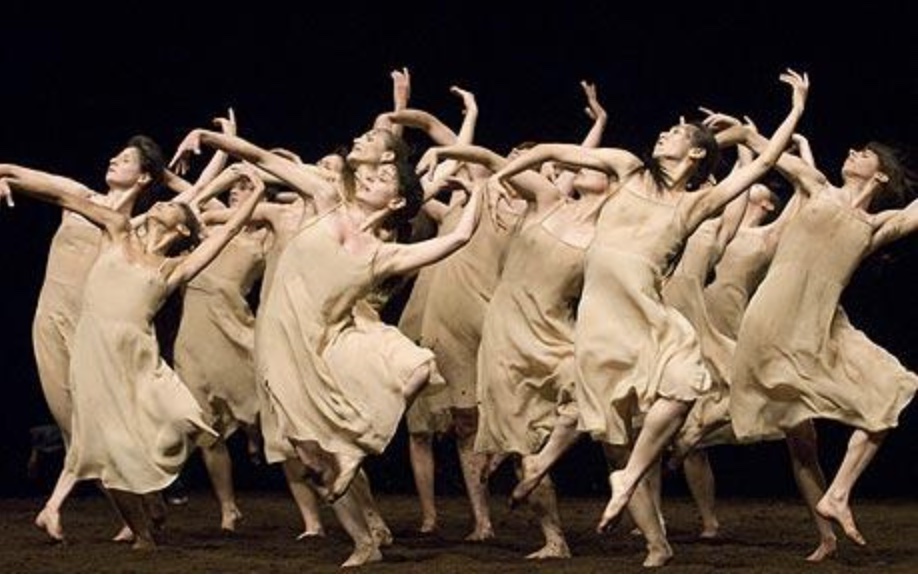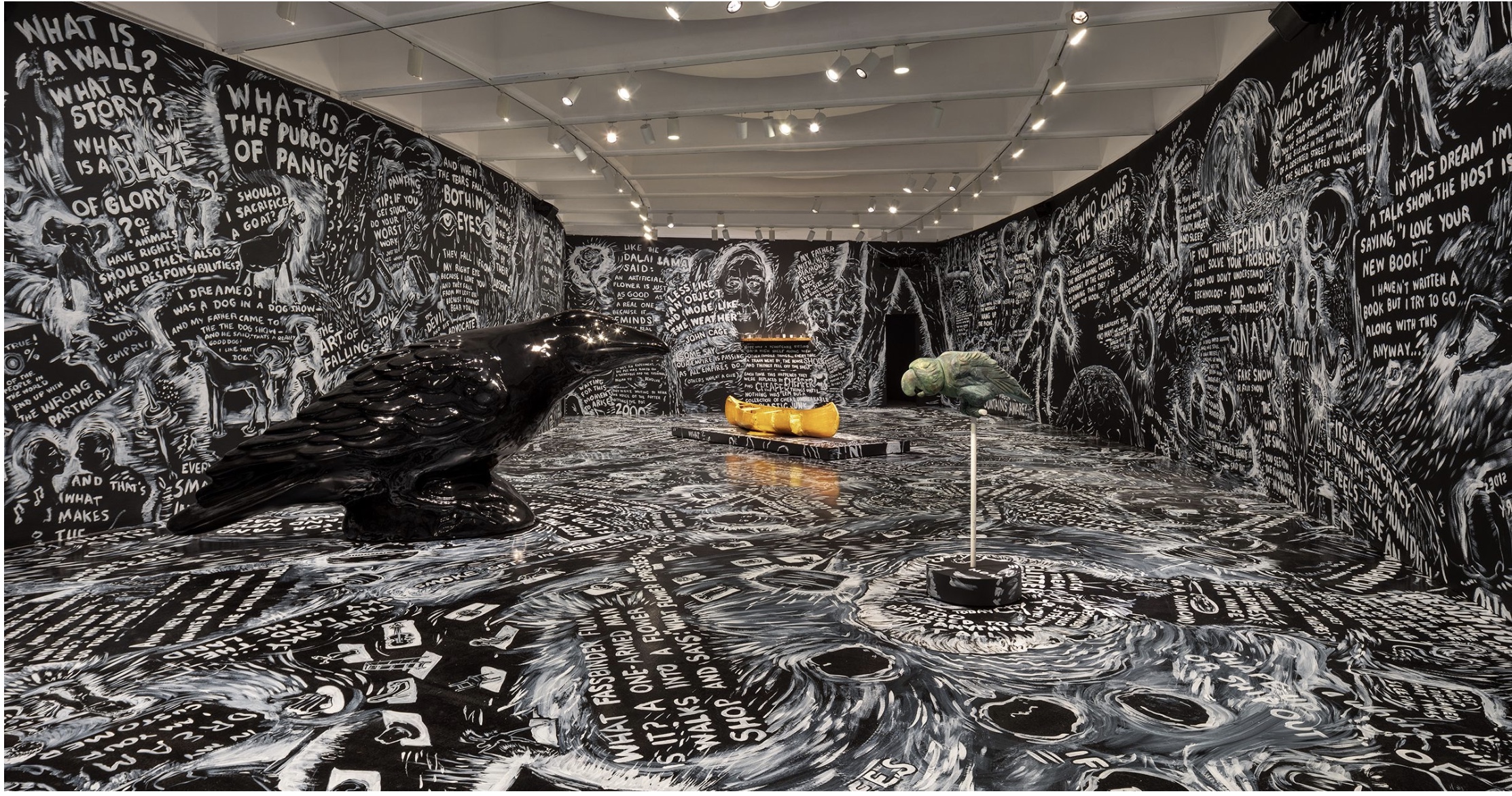Day 36: Pretend MFA
There seems to have been some confusion about the last post I wrote. We did not, for instance, get another dog, nor did we (would we) name her Dolly Parton,…

Prompts are a helpful way to begin, to challenge that blank page. Some writers already show up to my workshops/groups/retreats with an idea in their head, or even an entire manuscript. Others like to be startled into creativity.
I use several kinds of prompts. Most often, I use an entire poem. I see poems as secular prayer, a way of borrowing a bit of genius when I myself feel depleted. Reading a poem, or hearing it, puts me in a literary mind, a new state. I think of it as kindling; a little bit of torched wood tossed onto my log. Or the way, at a peace vigil, we hold candles and pass the flame to our neighbor.
I rarely “use” anything from the poem to direct my work. It’s more of a ritual, a spoken word that brings me into the right frequency for writing.
Others in my groups like to grab a phrase, or an idea, or the structure, or the mood or tone of the piece to create something new.
This is by far the most frequent kind of prompt used in Writing It Up in the Garden. A poem is language distilled to its essence. It can be a story, a meditation, a feeling. It can transform the reader/listener, or make her angry, make her laugh, make her cry. Example:
I find myself most alone
When I believe I am striving for glory.
These times, cool and sharp,
A monument of moon-white stone
lodges in place near my heart.
In a dream, my children
Glisten inside raindrops, or teardrops.
Like strangers, like seeds of children.
I will only be allowed to claim them
If I consent to love everyone’s children.
If I consent to love everyone’s children,
Only then will I be allowed to claim them,
My strangers, my seeds of children,
Glistening inside raindrops or teardrops
In my dream. Children
Lodged in place near my heart—
A monument of moon-white stone,
Cool and sharp.
I believe I am striving for glory
When I find myself most alone.
Usually I’ll use the beginning so that the reader knows exactly what the writer would expect her to know. And beginnings are powerful, or should be. Plus, that’s what you might be doing in workshop—beginning something. Example:
ONE OF THE MANY THINGS my brother, Corrigan, and I loved about our mother was that she was a fine musician. She kept a small radio on top of the Steinway in the living room of our house in Dublin and on Sunday afternoons, after scanning whatever stations we could find, Radio Éireann or BBC, she raised the lacquered wing of the piano, spread her dress out at the wooden stool, and tried to copy the piece through from memory: jazz riffs and Irish ballads and, if we found the right station, old Hoagy Carmichael tunes. Our mother played with a natural touch, even though she suffered from a hand which she had broken many times. We never knew the origin of the break: it was something left in silence. When she finished playing she would lightly rub the back of her wrist. I used to think of the notes still trilling through the bones, as if they could skip from one to the other, over the breakage. I can still after all these years sit in the museum of those afternoons and recall the light spilling across the carpet. At times our mother put her arms around us both, and then guided our hands so we could clang down hard on the keys. [Emphasis mine]
I’ll use quotations, like
“Show up, show up, show up, and after a while the muse shows up too.”-Isabella Allende
or an injunction or directive like, this from Austin Kleon’s wonderful newsletter. He quotes the writer Ann Patchett. Example:
You will take bits from books you’ve read and movies you’ve seen and conversations you’ve had and stories friends have told you, and half the time you won’t even realize you’re doing it. I am a compost heap, and everything I interact with, every experience I’ve had, gets shoveled onto the heap where it eventually mulches down, is digested and excreted by worms, and rots. It’s from that rich, dark humus, the combination of what you encountered, what you know and what you’ve forgotten, that ideas start to grow… I try to shovel everything I learn onto the compost heap instead of straight into the book.
Examples:
-Write a description of your grandmother’s hands
–Remove all the adverbs from a paragraph of prose
-or Melissa Febos’ famous Write your sexual history in five minutes.
A visual prompt, like a painting or photograph. Or an aural prompt, like a piece of music or a music video. Below is an image of Laurie Anderson’s full-room mural at the Hirschhorn Museum in Washington DC.

Or this clip from Stravinsky’s Rites of Spring. I like to share this right about now, when the earth begins to stir again. What does seeing and/or hearing this work spark in you? You might not even know, but if you set aside your thinking mind and just feel what you feel, that’s probably more than good enough.
I’m sure I’m forgetting something. Maybe you can remind me. Or teach me. How do you like to use prompts?
Join the Conversation. Post with kindness.
Exciting list of prompts to use! Thank you, Nerissa!
Hi there! I just stumbled upon your blog and I have to say, I couldn’t agree more about the power of prompts. As a writer myself, I often struggle with that daunting blank page, but prompts have been a savior in getting my creativity flowing. I love how you use poems as prompts in your workshops and groups. It’s like a literary jumpstart, getting us in the right mindset to write. And using the beginning of a novel or memoir for a prompt is such a unique and effective idea. Thank you for sharing your insight on different kinds of prompts and how they can benefit writers. Can’t wait to read more of your posts!